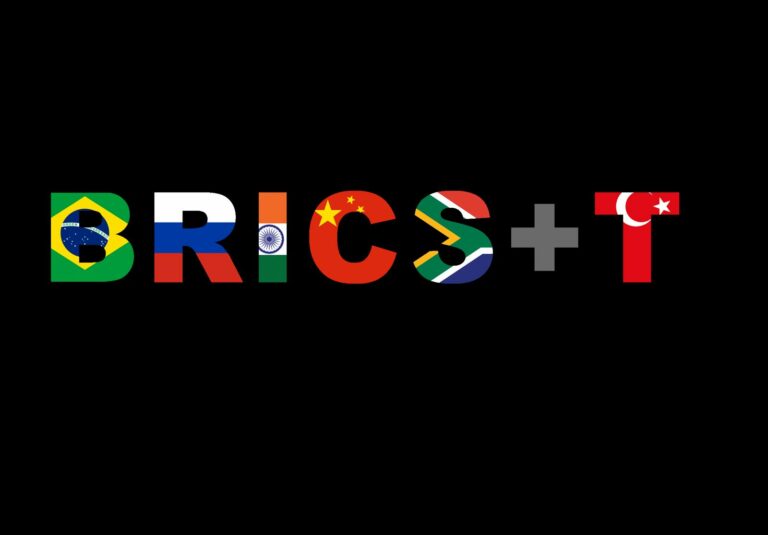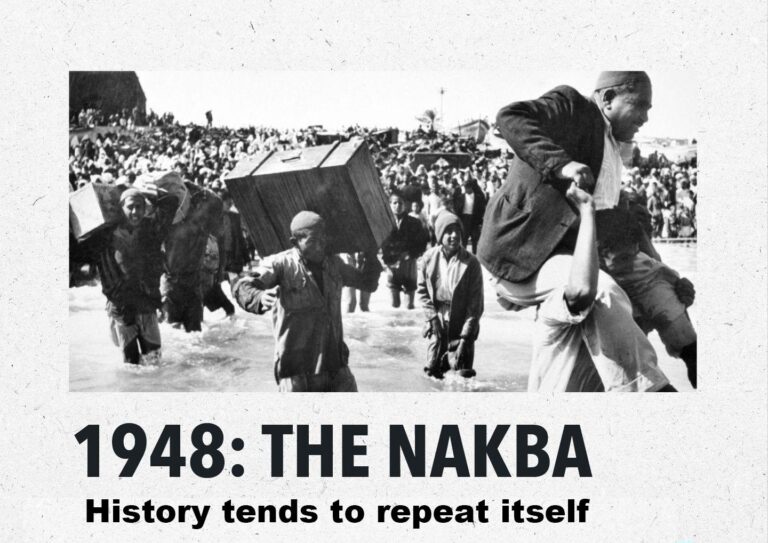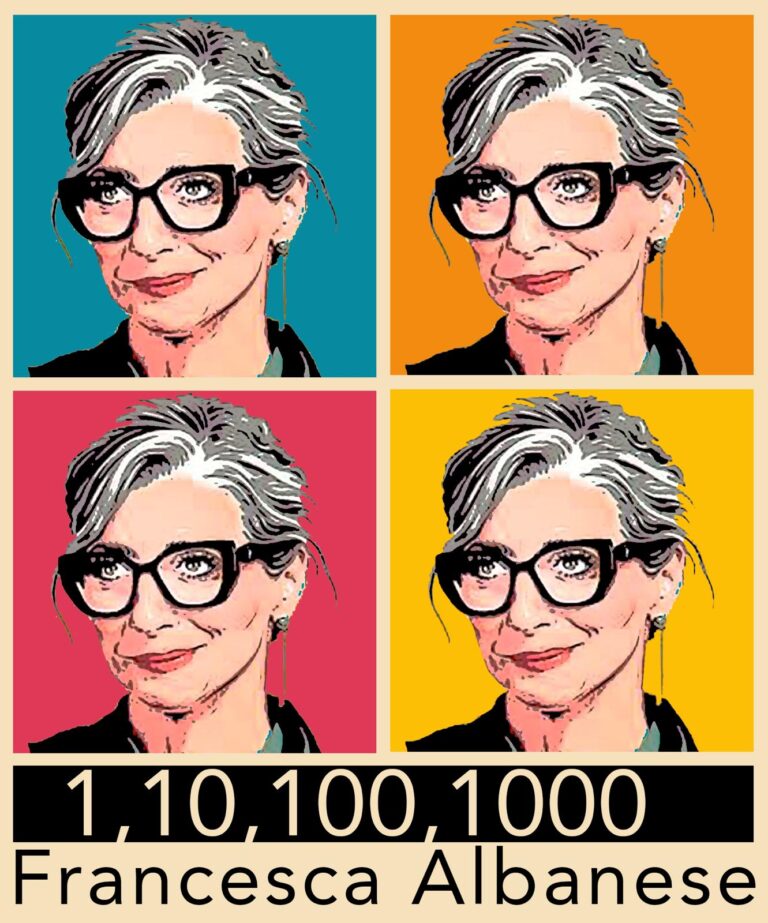By Andrea Tucci,
One of the most significant developments shaping the international landscape in recent years is the gradual emergence of the BRICS geoeconomic bloc, composed of Brazil, Russia, India, China, and South Africa. The rise of these new economic powers, which has accelerated amid the global economic downturn, has led to the creation of new avenues and mechanisms for international cooperation, offering these countries unprecedented opportunities to assert themselves on the global stage. BRICS nations are now poised to compete with the United States and other Western economic powers, which have traditionally dominated international affairs.
Today, the BRICS countries account for over 42% of the world’s population, 25% of its total land area, 20% of global GDP, and about 16% of international trade.
Recent reports suggest that Turkey is ready to join BRICS, having already applied for membership in this forum of major non-Western economies. This move reflects President Erdogan’s ambition to play a role on multiple geopolitical fronts and bolster Ankara’s global influence. At the upcoming BRICS summit in October, to be held in Russia, Turkey’s membership application may be formalized. The summit will also see the debut of Egypt, the United Arab Emirates, Ethiopia, and Iran, which are part of the first expansion of 2023. If admitted, Turkey would become the first NATO member to join the bloc of non-Western economies.
Turkey aims to reinforce its strategy of engaging on multiple fronts and pursuing a multi-vector diplomacy. With its position in the near abroad currently at a standstill, particularly as the war in Gaza threatens to reshape the Middle East and tensions with Israel escalate, Turkey is exploring new geopolitical opportunities.
Turkey projects its economic ambitions in all directions where political or strategic constraints do not limit it. In this context, the informality that characterizes BRICS presents an opportunity for Ankara to expand its economic diplomacy.
This also underscores the dynamism of Turkey’s unique multilateralism, as it has historically navigated multiple fronts and benefited from the shifting structure of international relations, characterized by the emergence of parallel organizations outside traditional global institutions. BRICS aligns with a global trend in which new relationships between states are being forged outside traditional alliances and cohesion frameworks, primarily excluding the European Union and NATO. By fostering cooperation with both Western and non-Western states, Turkey seeks to occupy a distinct role that few countries can achieve.
In this context, Erdogan’s philosophy of a “bridge country” aims to position Turkey as a point of contact and dialogue, thereby strengthening its influence and involvement in regional, economic, and diplomatic affairs.




